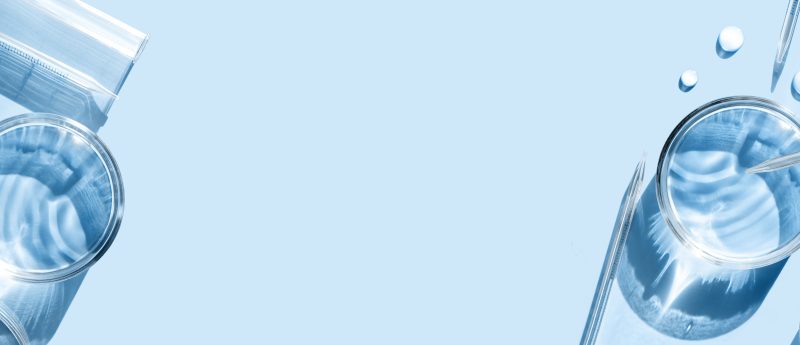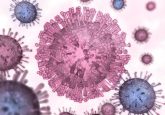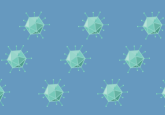Researchers develop tool to quantify autoantibody concentration and activity

Scientists from Prokhorov General Physics Institute of the Russian Academy of Sciences (GPI RAS; Moscow, Russia) and the Moscow Institute of Physics and Technology (MIPT; Russia) have developed a new technique to quantify autoantibody concentration and activity. It is hoped the tool could improve the diagnosis and monitoring of autoimmune disorders.
Autoimmune disorders such as psoriasis, rheumatoid arthritis and Type 1 diabetes are caused when autoantibodies produced by the body incorrectly identify the organism’s cells and organs as targets. Autoantibodies are associated with approximately 80 autoimmune disorders, some of which can require lifelong care.
The research, published in Biosensors and Bioelectronics, details a newly developed biosensor that is capable of measuring autoantibody concentration in human serum, as well as quantifying autoantibody activity.
At present, treatments of autoimmune disorders can be limited by the commercial tests currently available. Contributing author Alexey Orlov (GPI RAS and MIPT) explained: “Depending on the laboratory running the test, and the method used, the autoantibody concentration measured in the same sample at the same time may vary by a factor of 10.”
Researchers hope the newly developed tool will be able to address limitations of currently available tests by reliably measuring autoantibody concentration while also being the first test to quantify antibody activity, a measure of how destructive the autoantibodies are to tissues.
Currently, multiplex system is capable of quantifying autoantibody concentration and activity simultaneously for two different targets, and the team is working on increasing the number of targets able to be measured in a single sample. Microchip technology could allow for the deposition of hundreds of micron-sized targets.
The new system uses standard microscope cover glass, the low cost of which increases accessibility for mass medical usage. In the tool, targets are deposited on the glass slip. Patient blood serum is then passed over the surface of the glass and any autoantibodies present in the serum bind to their target. This binding increases the thickness of the biolayer on the glass. The increase in thickness is measured in real time by an interferometry system developed at GPI RAS, providing a quantitative measure of concentration.
Alexy Orlov explained: “Unlike a multitude of other methods, we have the autoantibodies interact with moving targets rather than those immobilized on a surface. This is the first-ever solution that allows the investigation of autoantibody interaction with targets in their natural form and environment, as they are present in a living organism.”
Once the autoantibodies are bound to their targets on the glass, a solution of free target molecules is pumped along the surface of the glass. Autoantibodies with unoccupied Fab fragments recognize and bind the mobile targets from the serum sample. This process delivers quantitative data on the native activity of the autoantibodies.
Senior Author Petr Nikitin (GPI RAS) explained: “We have developed not only an efficient diagnostic test but also a unique tool for the investigation of autoantibodies. Using patient blood samples, we have demonstrated that the quantitative parameter of autoantibody activity is independent of their concentration. The clinicians now have a tool for quantitatively monitoring both key parameters in the course of a disease and elaborating novel advanced methods for the diagnostics and treatment of autoimmune disorders.”
Sources: Orlov AV, Pushkarev AV, Znoyko SL et al. Multiplex label-free biosensor for detection of autoantibodies in human serum: tool for new kinetics-based diagnostics of autoimmune diseases. Biosens. Bioelectron. doi:10.1016/j.bios.2020.112187 (2020)(Epub ahead of print); https://mipt.ru/english/news/novel_tool_developed_to_diagnose_and_monitor_autoimmune_disorders





